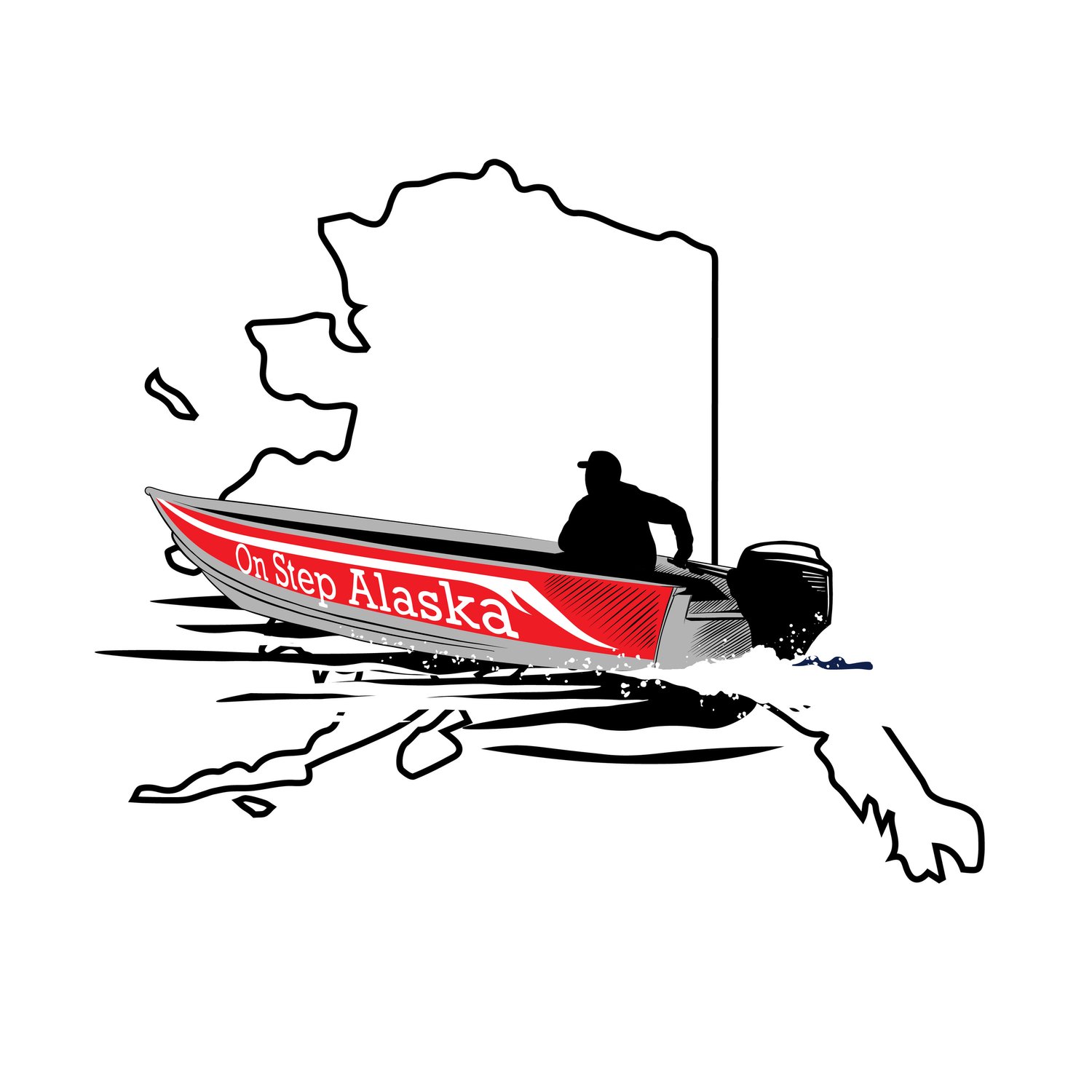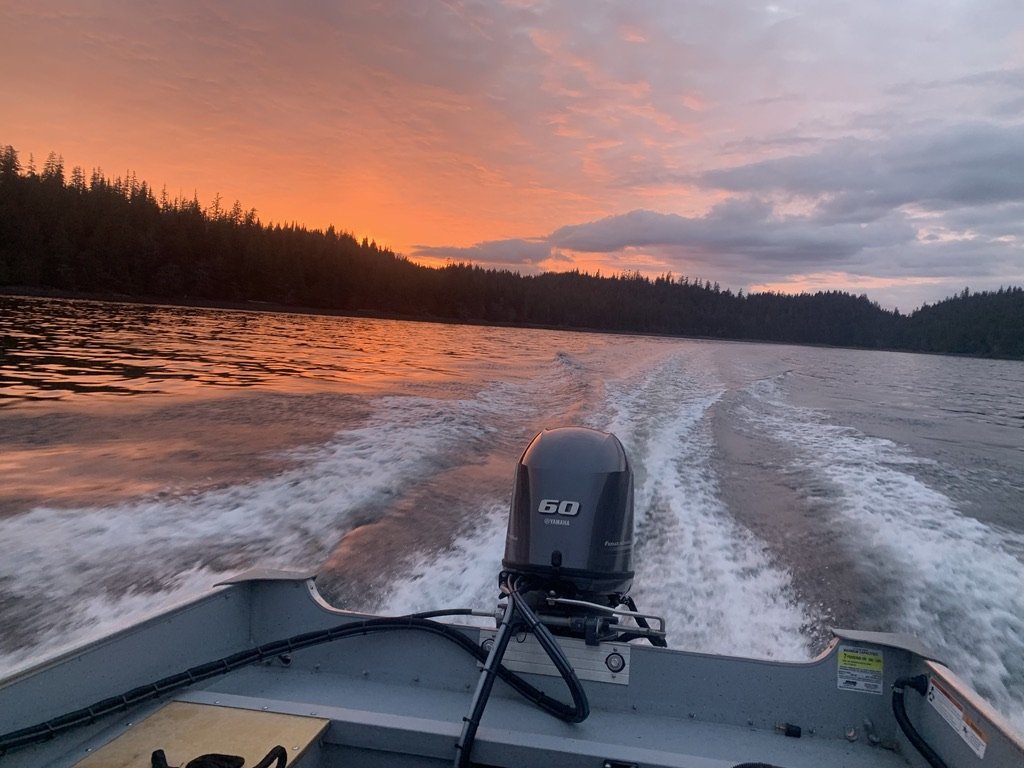“Fool’s Game” in the hunting industry?
I read a really interesting piece about failing news organizations like Buzzfeed and Vice in The Free Press by Joe Nocera titled The Race for Clicks Was a Fool’s Game and couldn’t help but see parallels in the outdoor industry. The problem is, while media itself can consolidate or viewers can pivot from mainstream to independent, the consequences for creatives in the outdoor/hunting industry is different.
“The bet they made was on traffic—that if they could generate ever-increasing numbers of viewers, they would be rewarded with ever-increasing ads and ever-increasing revenue. Without really intending to, they wound up hitching their fate to one of the world’s most voracious monopolists: Facebook. And by the time they understood what they had done, it was game over.”
The race to clicks killed some news organizations but compelling journalism still exists. The race to clicks in the outdoor realm begets content that, in some cases, contributes to agencies, boards or organizations closing hunts and or reducing tags – not to mention undermining ethics. Make no mistake, there are mentors in the hunting industry, but there are also exploitative schemes to which newcomers unfortunately hitch their fate.
Chasing clicks is a short-sighted business model. No one will likely admit the mission is about personal fame and ego, (this is not ignoring the amount of work and dedication it takes for one to be a name at any level in the industry), but there is a distinct difference between one who enters the fray with a king-of-the-hill mindset, and one who sees improving, or at least maintaining quality, as a non-negotiable portion of the philosophy. Building a brand with staying power is to build on principles, not the sandy foundation of simple attention.
“That business model wasn’t the only thing that did these companies in. Nick Denton’s Gawker, founded in 2002, gained notoriety—and traffic—by posting items that other, more staid media companies wouldn’t. Dick pics, for instance. In their youthful arrogance, Gawker’s reporters thought they were telling bold truths the lamestream media wouldn’t, never considering that maybe it wasn’t just prudery that was holding the others back.”
Has the hunting content industry left the Golden era of content and entered the D*** pic era? Shock and sizzle over substance? Weeding through 15 sponsor auditions to get to creative, honest hunting gems on YouTube?
The big difference here is the article cites the failure of media organizations to establish a viable long-term philosophy regarding reporting the news, whereas some behemoths in the outdoor industry are, if anything, settling into publishing copious amounts of bland content or hyping stories of trivial interest. As a result, there are so many aspiring creatives with entry-level skill and no platform, it’s impossible to stand out. Enter the temptation to be willing to do what no one else is. Must. Get. Clicks.
There is also an effort to recruit more people to join our ranks to capture more revenue for hunting-friendly organizations or causes. But how do we do that without recruiting those who will represent hunting in a way that gives more fuel to anti-hunters? Additionally, as more states are changing their tag allocation or even shutting down hunts “temporarily”, how can hunting really sustain the growth and attention? We do need more voices and revenue to fight for causes, but do we need more people taking photos of dead turkeys in a Taco Bell drive thru?
That’s why I wonder if the industry really needs yet another clout-chasing hunting personality spewing the same memorized lines about conservation and meat being the real trophy. The industry is awash in content - both tremendous stories of people hunting, and remakes of people selling hunting stories, trying to be the next Rinella or Newberg. What made them unique was that they were unique to the time in which they arrived on the scene. That recipe won’t work the same way now. The conditions are different. Originality and creativity are what will be successful going forward and those of us who are being marketed to are the ones with the power.
What we watch, click, review, share and buy will shape the future of hunting.

